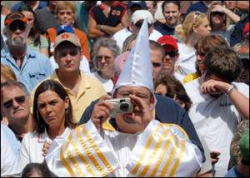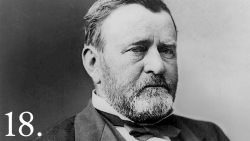 The Presidents whose elections validate what I call a generation’s political Thesis – a set of assumptions about myths and values that create power – have a very poor record in office.
The Presidents whose elections validate what I call a generation’s political Thesis – a set of assumptions about myths and values that create power – have a very poor record in office.
Just look at the list.
George H.W. Bush. Harry Truman. William Howard Taft. U.S. Grant. Martin Van Buren. James Madison. They moved smoothly into power by validating the beliefs of crisis leaders. Nixon and Reagan. FDR. McKinley and Roosevelt. Abraham Lincoln. Andrew Jackson. Thomas Jefferson.
This is the spot in my children’s political lives Hillary Clinton seeks to fill. Not my life, my children’s lives. History says it’s a very bad spot to hold. But her task is made more difficult by her own long political history.
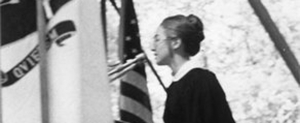
This is unheard of longevity. If Abraham Lincoln had been part of public life for 47 years before his election he would have been debating the War of 1812. (He was 51 at his election.) FDR had an unusually long run before his 1932 election. He was elected to the State Senate in 1910. He had been part of the Wilson Administration. Hillary’s appearance in our public life beats that by a full quarter century.
That’s why so many people have so many of their own beliefs and assumptions surrounding her. It’s one reason this election is closer than it has any right to be.
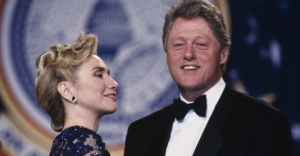
But Hillary’s burden is greater, and was heavily discussed during this campaign. As First Lady her husband, President Bill Clinton, created the political Anti-Thesis to Nixon and Reagan. He leaned into its wind, he accepted its basic premises, and he fought rear guard actions, leading an era of strategic retreat, actions that helped create our most recent crisis. His time was like that of Dwight Eisenhower, who leaned against FDR’s legacy, or Woodrow Wilson, adapting Populism to Progressivism. Or Grover Cleveland, who fought the corruption endemic to 24 years of Republican rule.
Bill Clinton tacked against the political winds. Hillary is expected to tack with those winds, after having spent most of her adult life tacking the other way. That’s the Sanders argument. It is a good one.
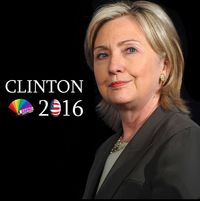
So, Hillary. If Democrats win decisively enough she can get things done, assuming she fully understands which way the political wind is blowing and sails that way, ignoring her husband’s every instinct. Even then, corruption grows as any party grows in power. That’s why we need a working Republican Party, which we don’t currently have. The temptation to let corruption slide is going to be hard to resist after her victory and Hillary must be very, very hard on it.
Even if everything goes right, the Republican Party will be stronger in 2018 than it is today, stronger still in 2020. It will adopt some tenets of Trumpism into a genuine, legitimate Anti-Thesis to Obamaism, and run on that even if its candidates and activists don’t believe in it.
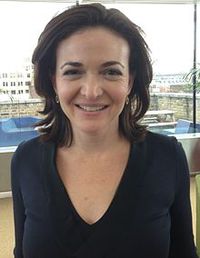
My own crystal ball is clouded by age. We are going to have a recession in the next few years, perhaps caused by England, or Germany, or China. We face incredible natural disasters due to climate change, and the cost – political and economic – of dealing with it requires a level of international cooperation that has never existed before in the history of civilization.
This election is, in many ways, a poison chalice. It’s a position no one in our history has successfully navigated – consider the other Validation Presidents, whom I listed at the start of this column, if you don’t believe me.
Greatness, from this position, is the ultimate glass ceiling.


